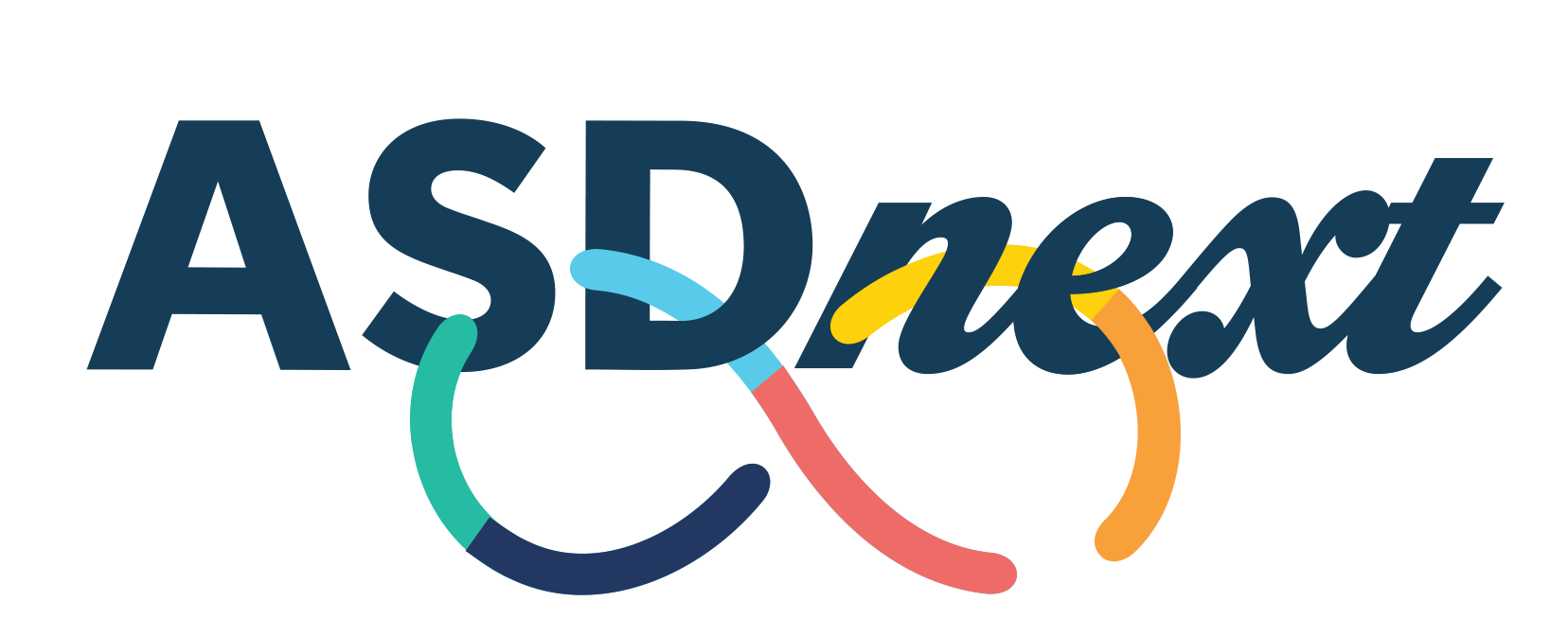Anne spent most of her life feeling misunderstood until she was diagnosed with Autism later in life. Everything started to eventually make sense, even more so, when her family was all diagnosed with ASD and they begin this new journey together. She wants to write about all of this because sometimes one’s struggles are silent and only through efforts towards inclusion can we all be more comfortable to communicate our struggles. And as someone who is rejection sensitive, she often fails to communicate her struggles because she anticipates that her struggles will lead to further rejection and the cycle continues. She hopes that sharing her vulnerabilities leads to at least one person better understanding themselves or an Autistic loved one. She is looking forward to sharing more specifics about her struggles as a neurodiverse family residing in Pennsylvania.
View all postsMasking – The Draw to Hide the Obvious – Takes a Toll

Posted on
I am on a board for one of the many Autism Society’s in the United States. This past week the director of one of them approached me and asked me to create a slide on “Masking.” This is absolutely a relevant and great thing to add to a slide deck for educational purposes. However, it stopped me in my tracks as I started to put together a slide.
Why do I mask?
Well, as most young Autistic girls, it started subtly. I learned that my peers would pick on me less if I behaved a certain way. A simple example, many Autistic individuals tap or flap with their fingers or hands – this often causes increased attention their way in a classroom setting. The negative attention that is not appreciated, from the teacher scolding me for making nose to a close friend asking, “why do you do that? That’s so weird.” I quickly learned that playing with my hair, was a silent way to continue to move my hands that didn’t disrupt whatever was happening in school.
You’re probably thinking, that is so minor, that can’t be hard. Well, that is just one small thing that I changed about myself to mask. As I grew up, it became more things. With sensory issues, it became easier to make quiet changes to my environment rather than to ask for accommodations. Instead of mentioning that I hear the buzzing of electricity, I began bringing lamps into my office and workspace so that the noise and light would offend me less.
Other masks are considerably different, let’s talk about the technology boom, shall we? When everyone suddenly decided Zoom was primary means of communication that was a big change for me. Well, with auditory sensory processing delays, it made things more exhausting – because some individuals did not have adequate microphones and not only could I not hear them, but I couldn’t keep up.
At one point, I had to just request meetings to be recorded so that I could review and understand them later. But think about that for a moment… Having to listen to every meeting you had in a day, recorded to be able to process it later? That’s double-to-triple the time to be able to complete what a neurotypical processed in a single meeting.
The consequences of not masking leads to emotional and physical exhaustion for us. What other ways does masking present itself? Beyond hiding the stimming, Autistic people may feel forced to use eye contact. I found this exhausting even more so in a Zoom environment. I would begin to get migraines because I would force myself to look at the camera, remain still, rehearse facial reactions, mute facial reactions, and copy the behavior of others I would see during all social interactions.
This is absolutely and utterly exhausting. It led to me working late and basically crashing every night because I was overwhelmed by the events of the day.
Best Advice
Do your best to be straight forward with your employers about your sensory sensitivities and communication challenges at work. If you need to be a hybrid or work-from-home employee, seek out roles that support your neurodivergent wellbeing. It has taken me many years to come to a place that I am no longer able to mask at the level I used to.
In part because burnout is unavoidable and in part, because I became a better advocate for my own wellbeing. You can too, don’t be afraid to communicate what helps you to be the best employee you can be.
Anne Brown

